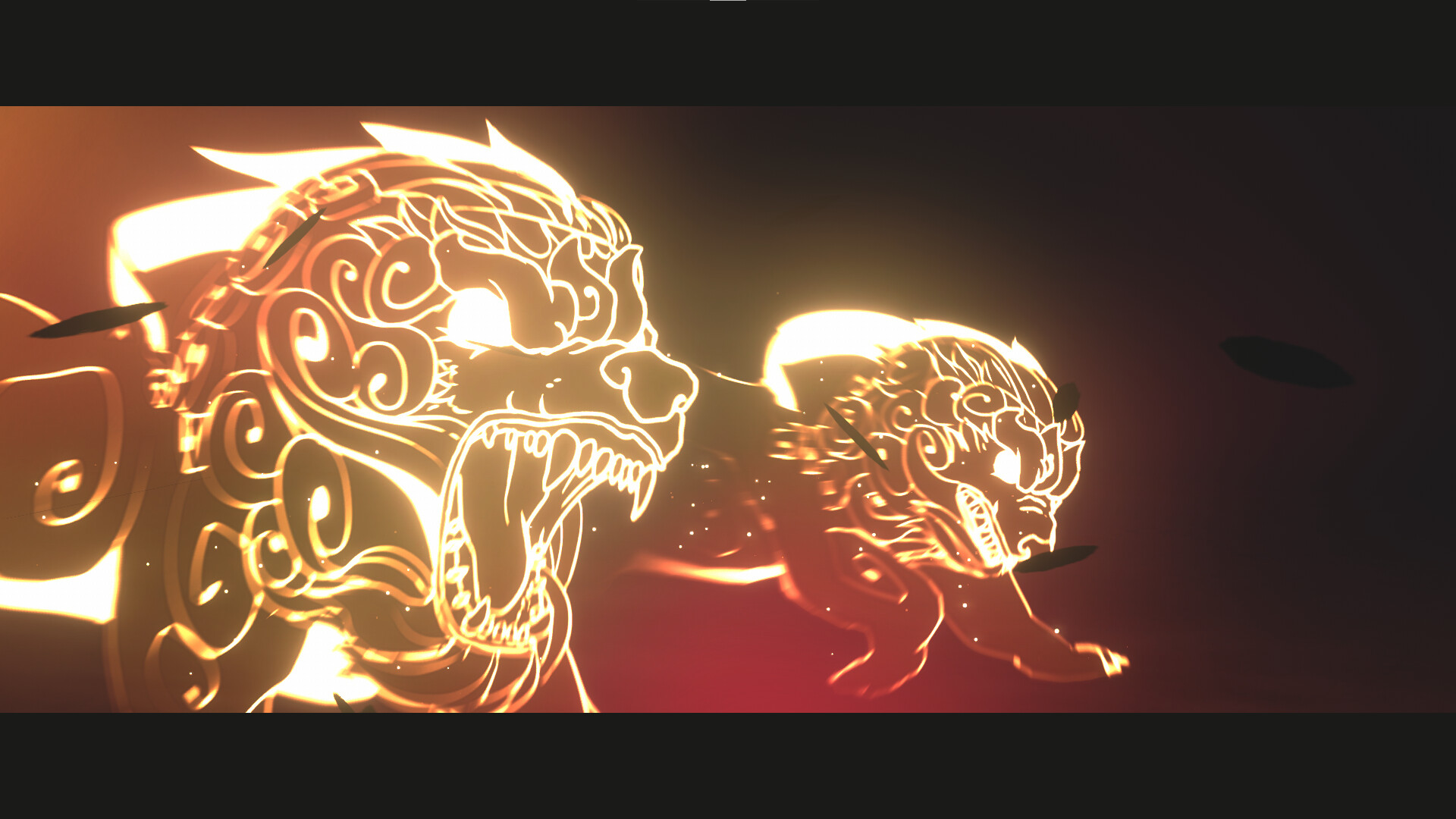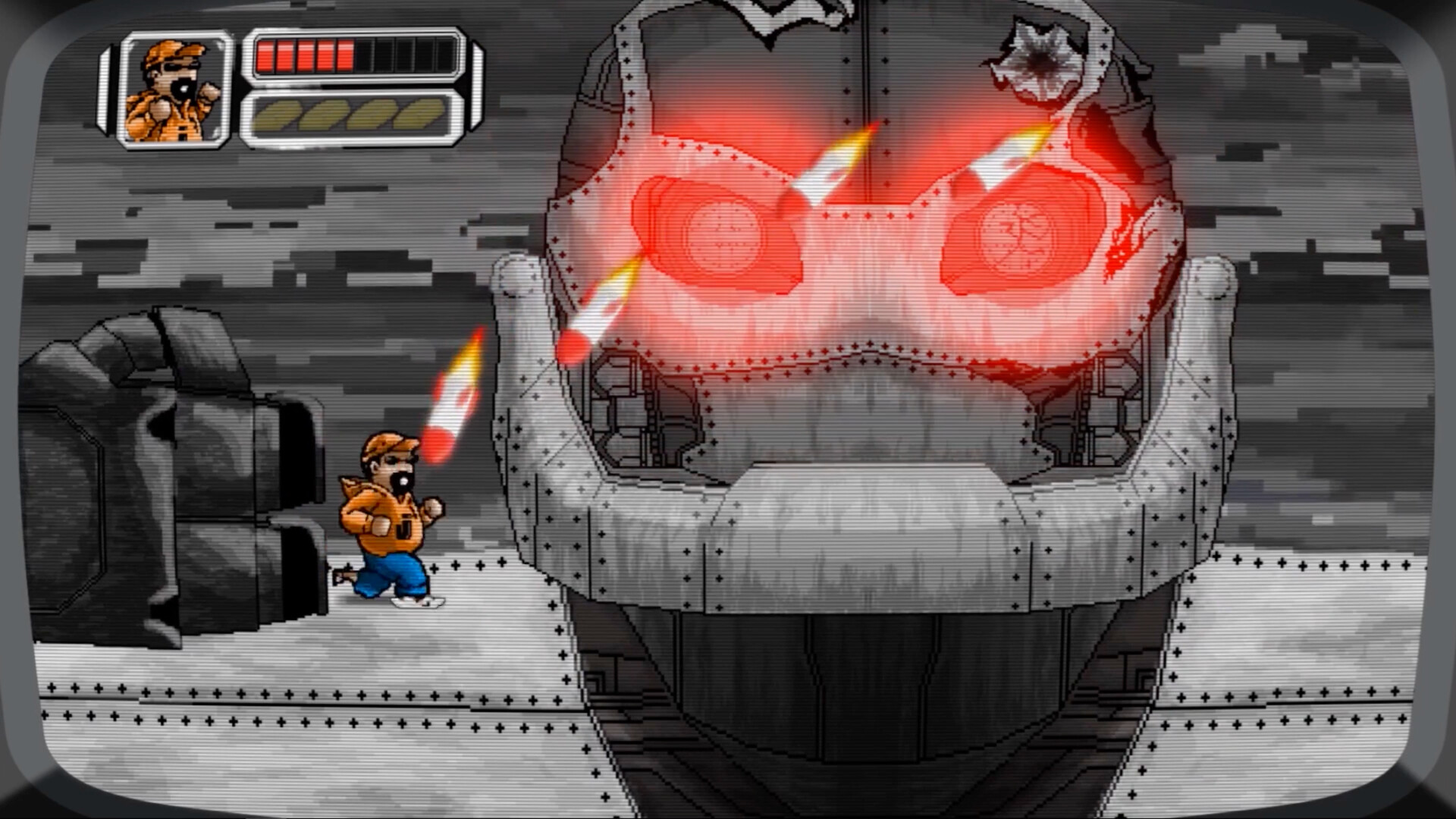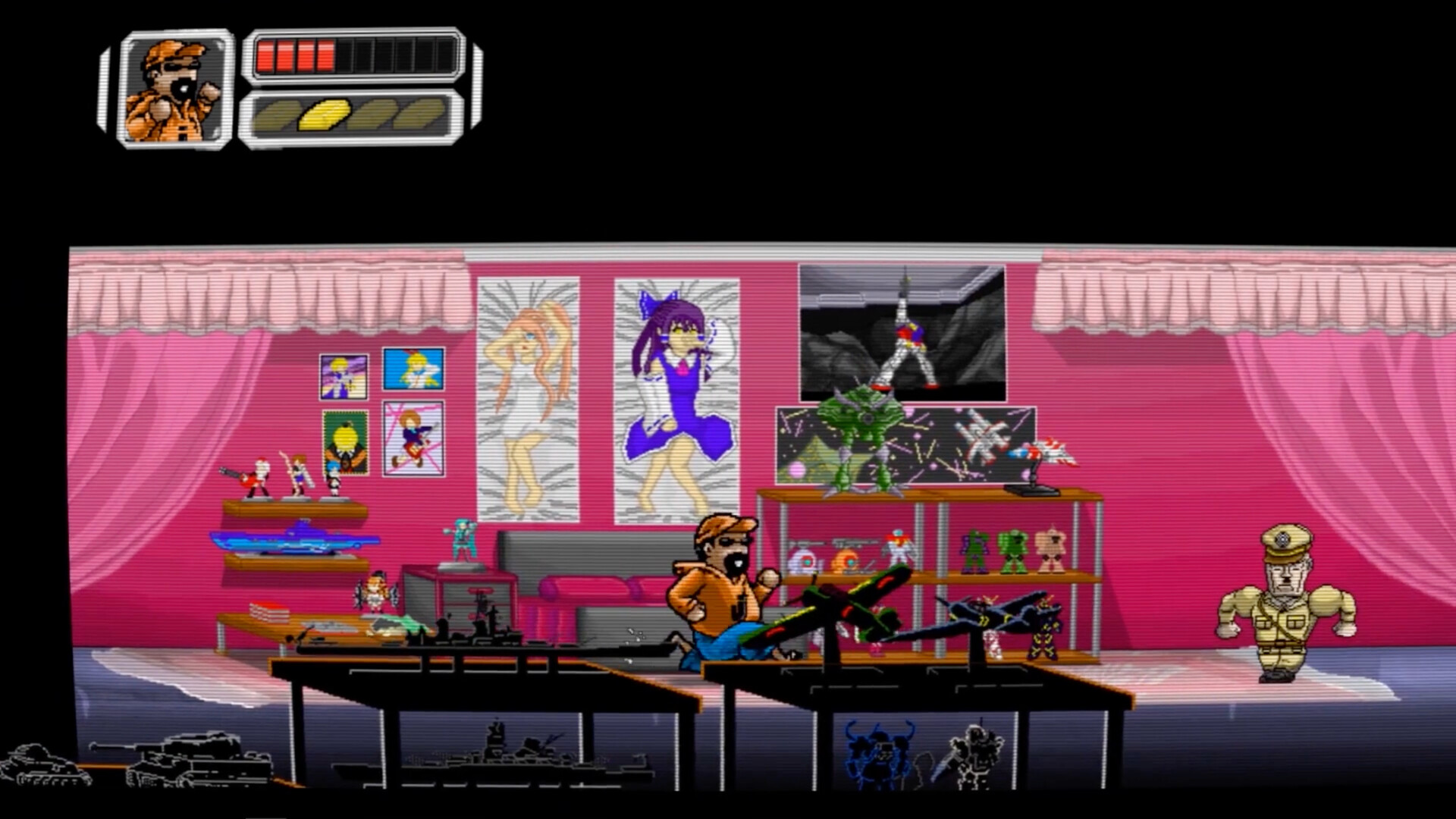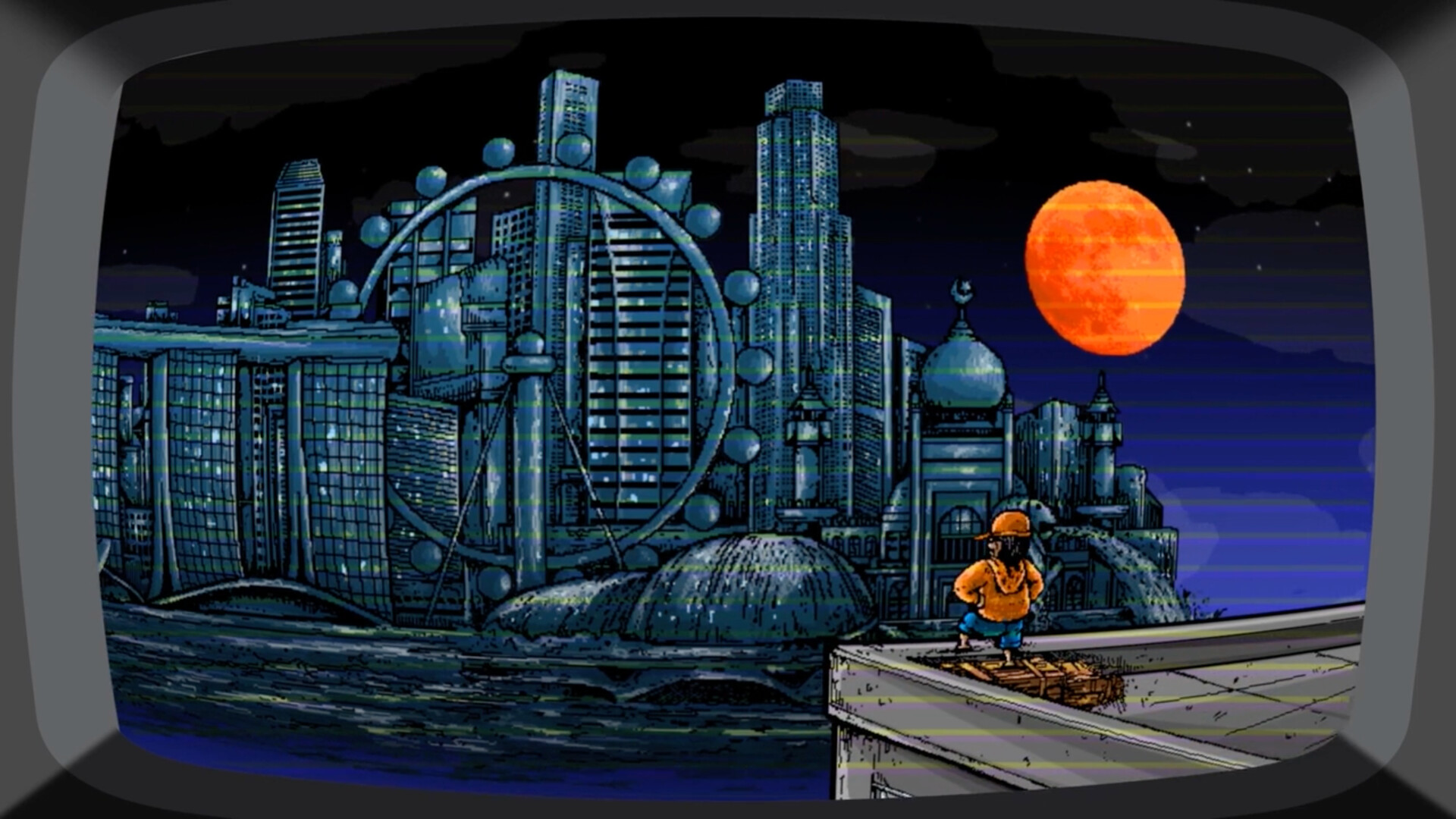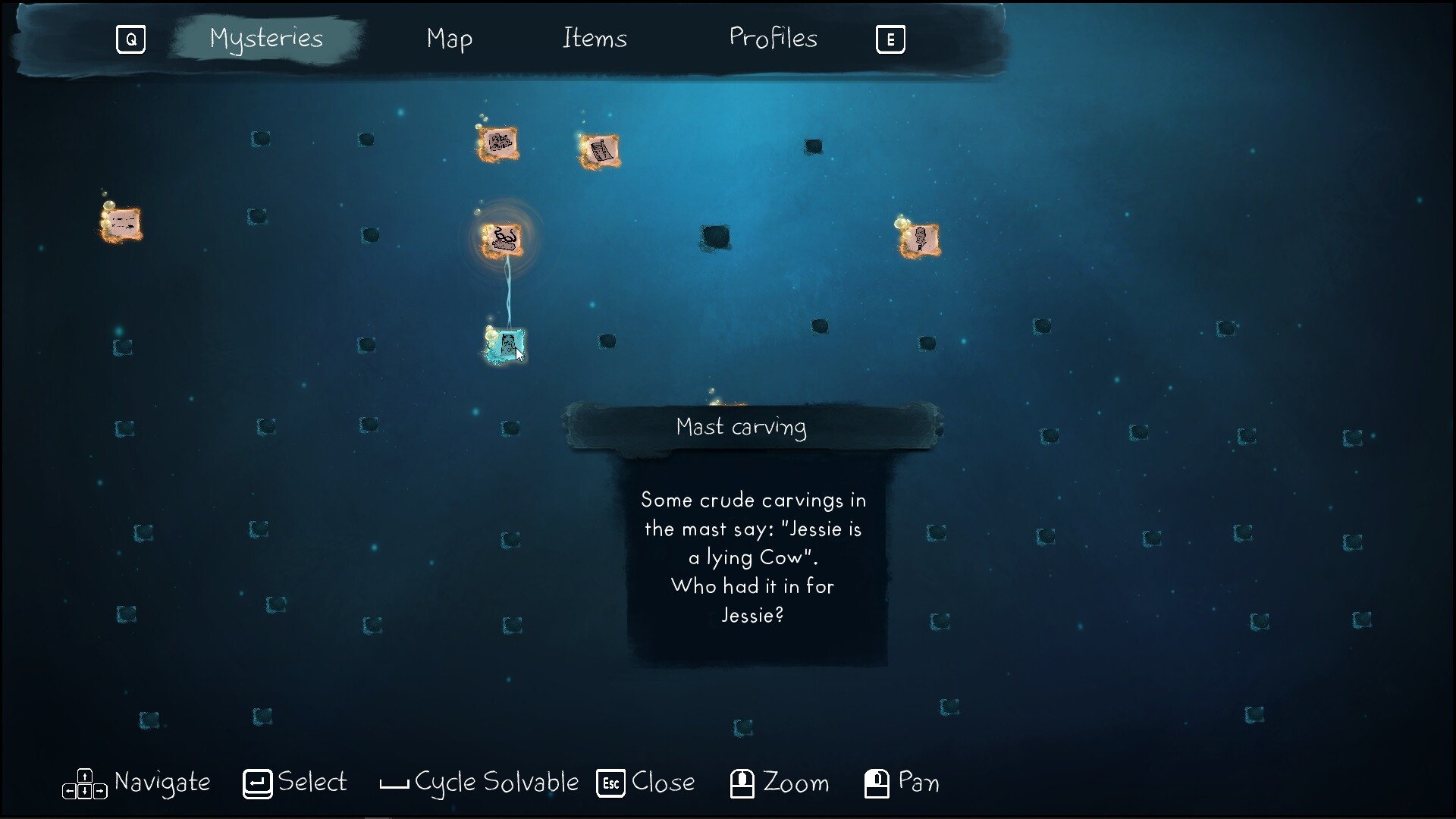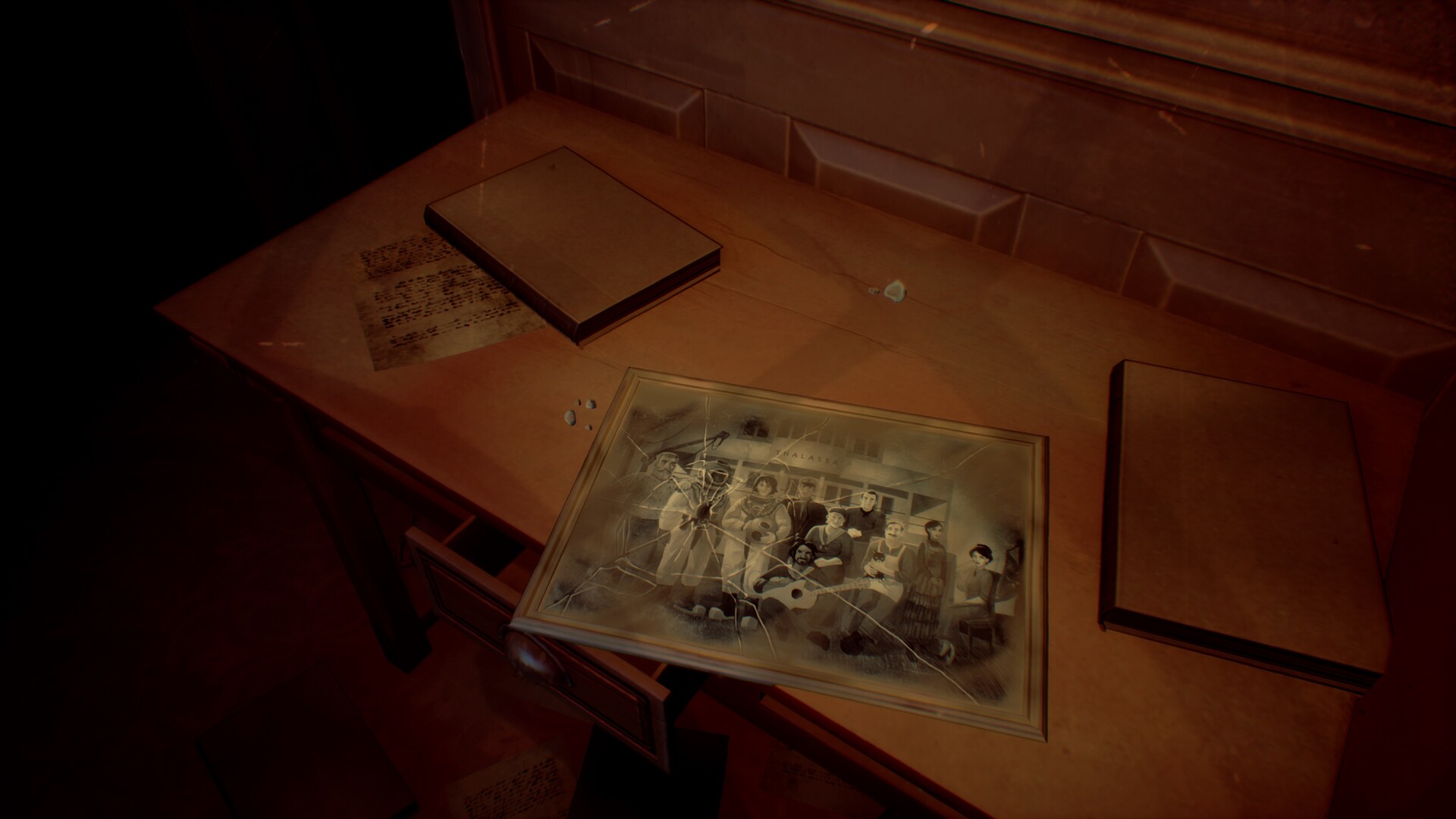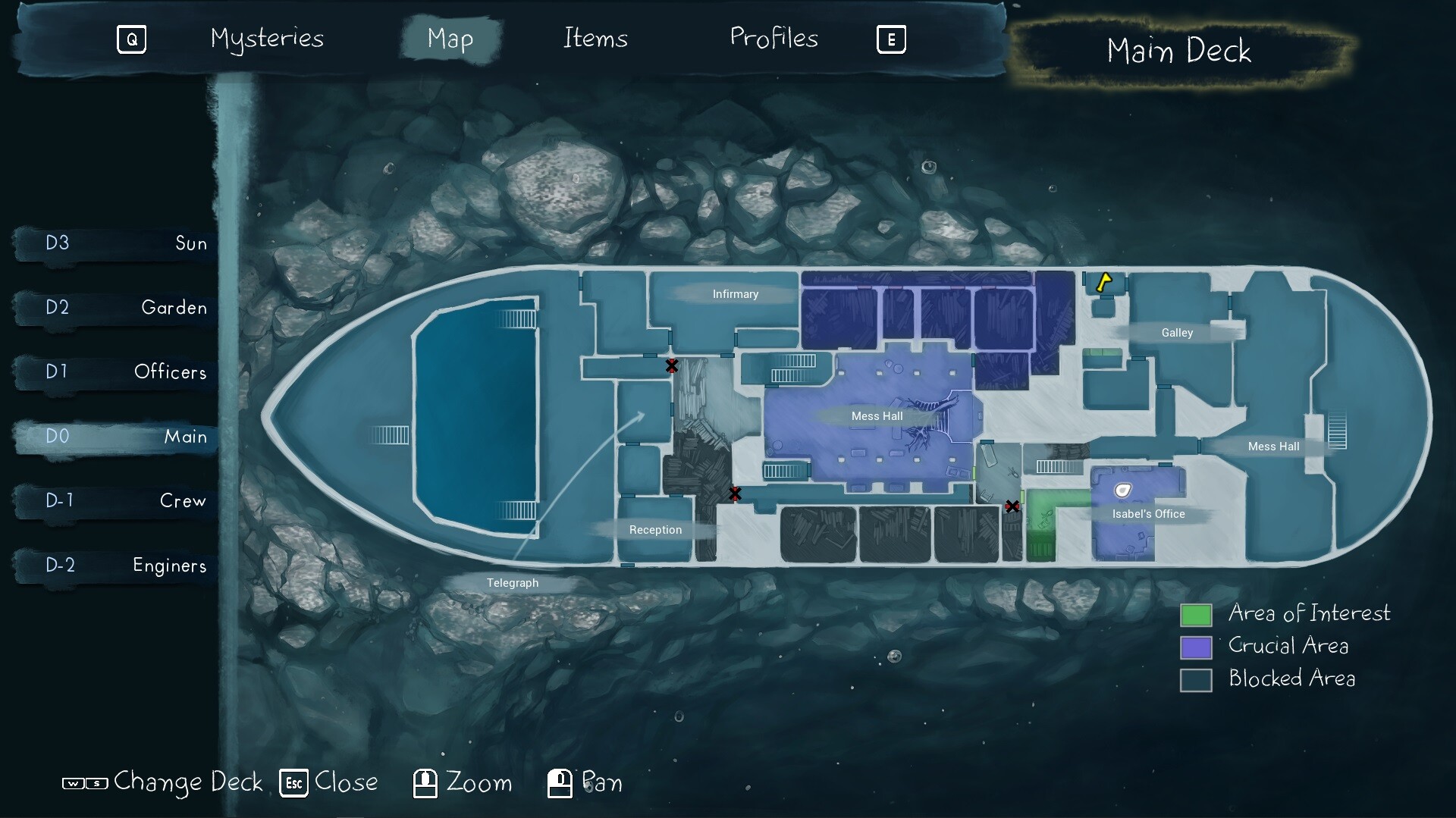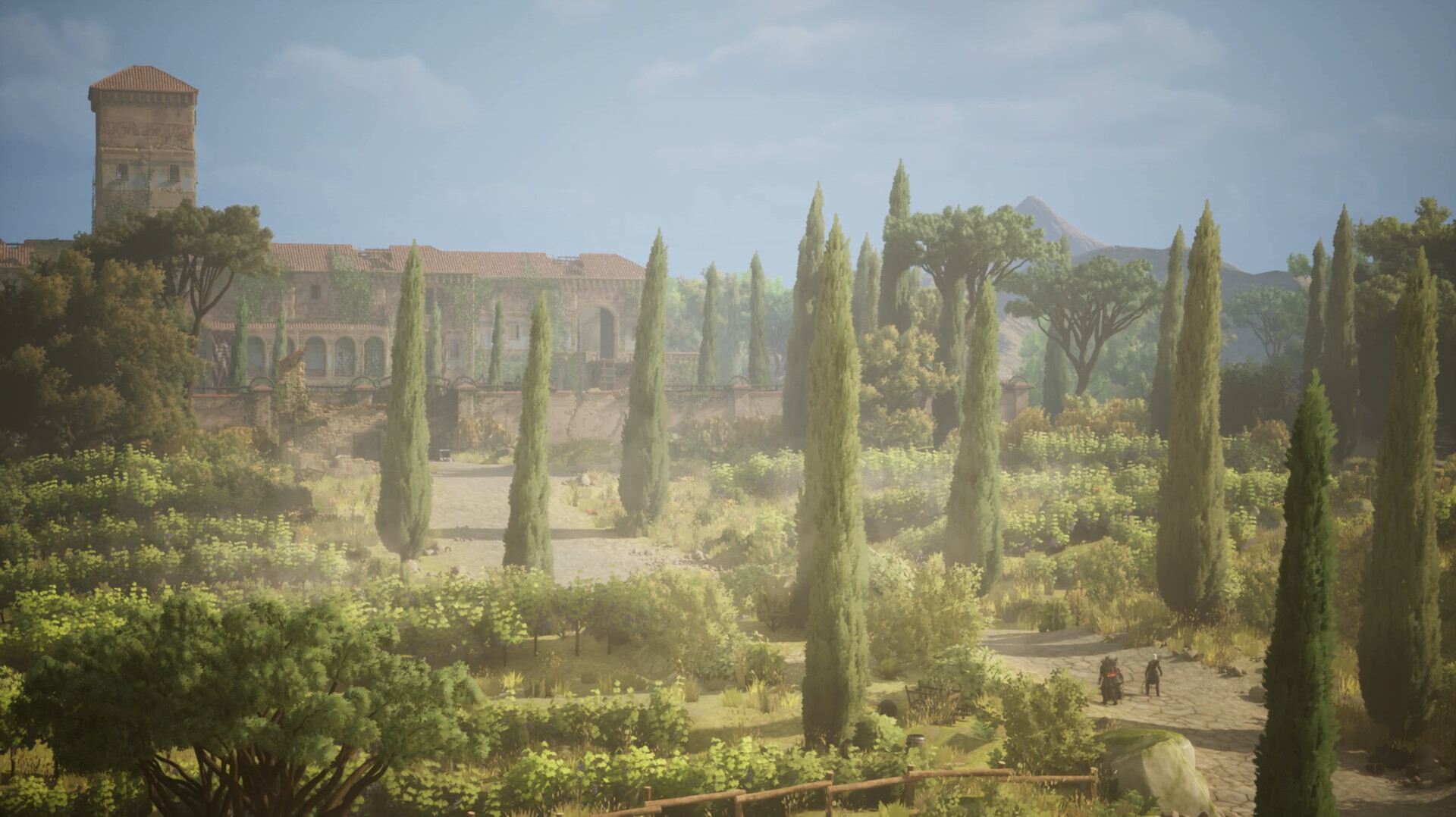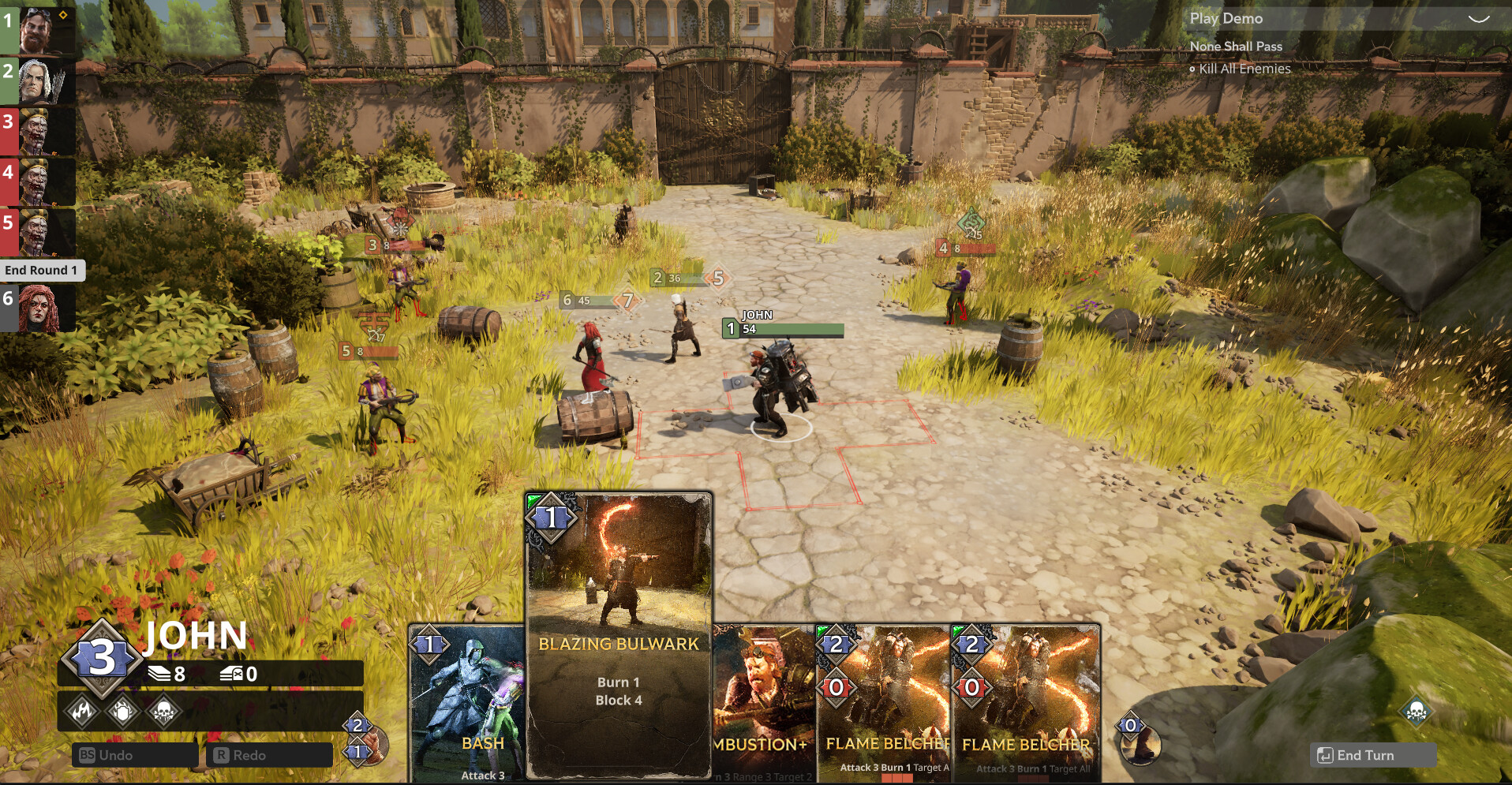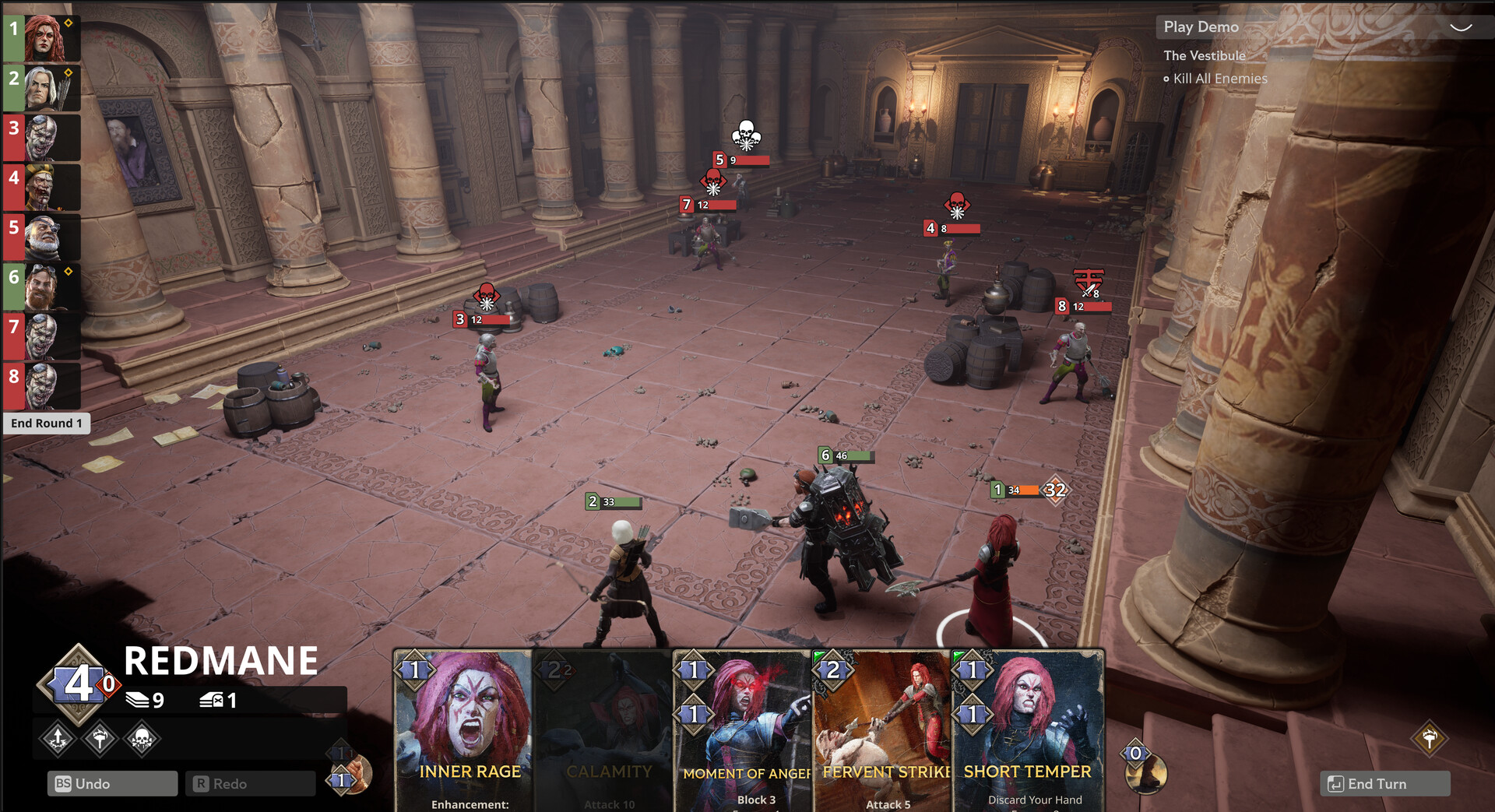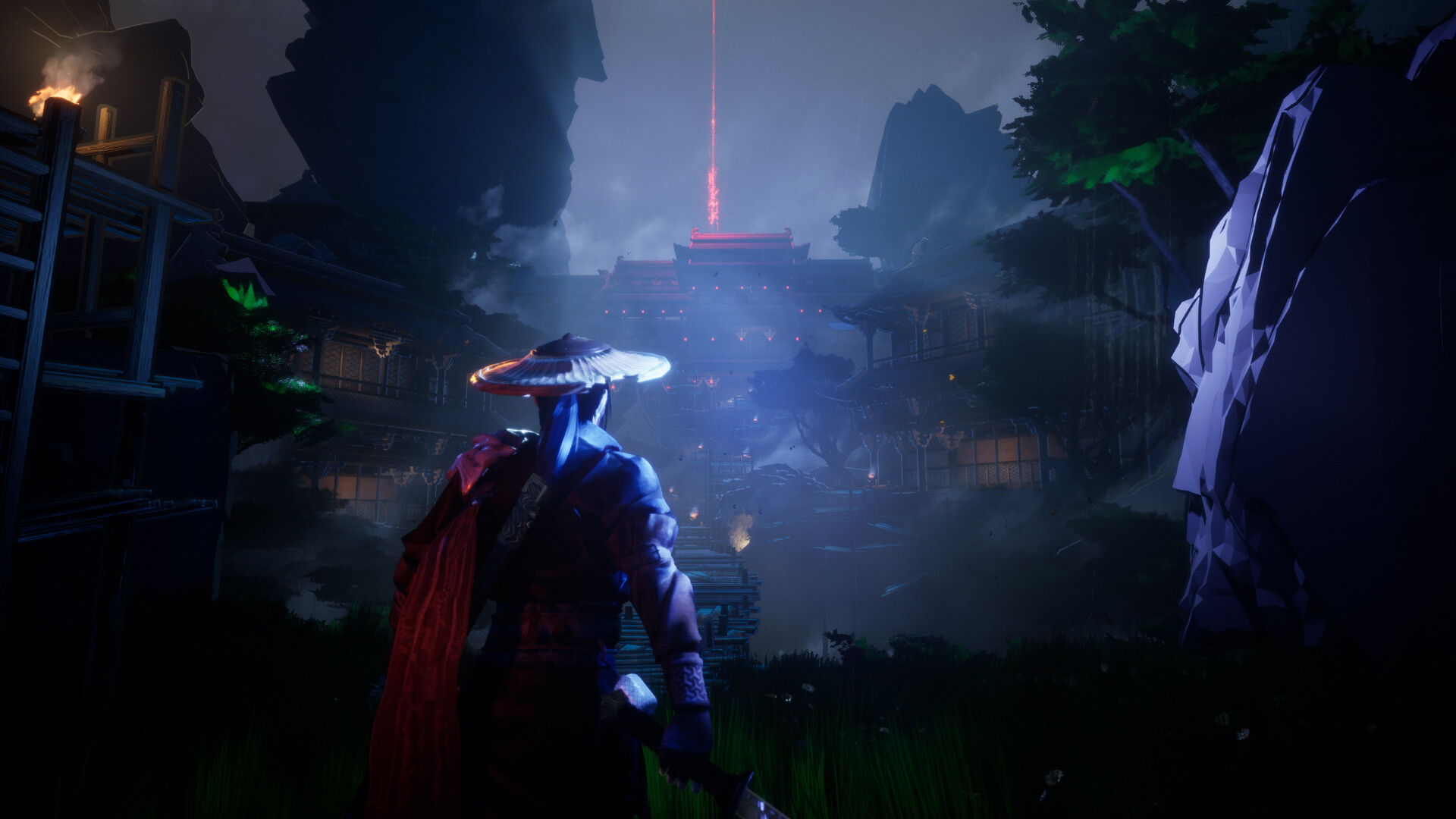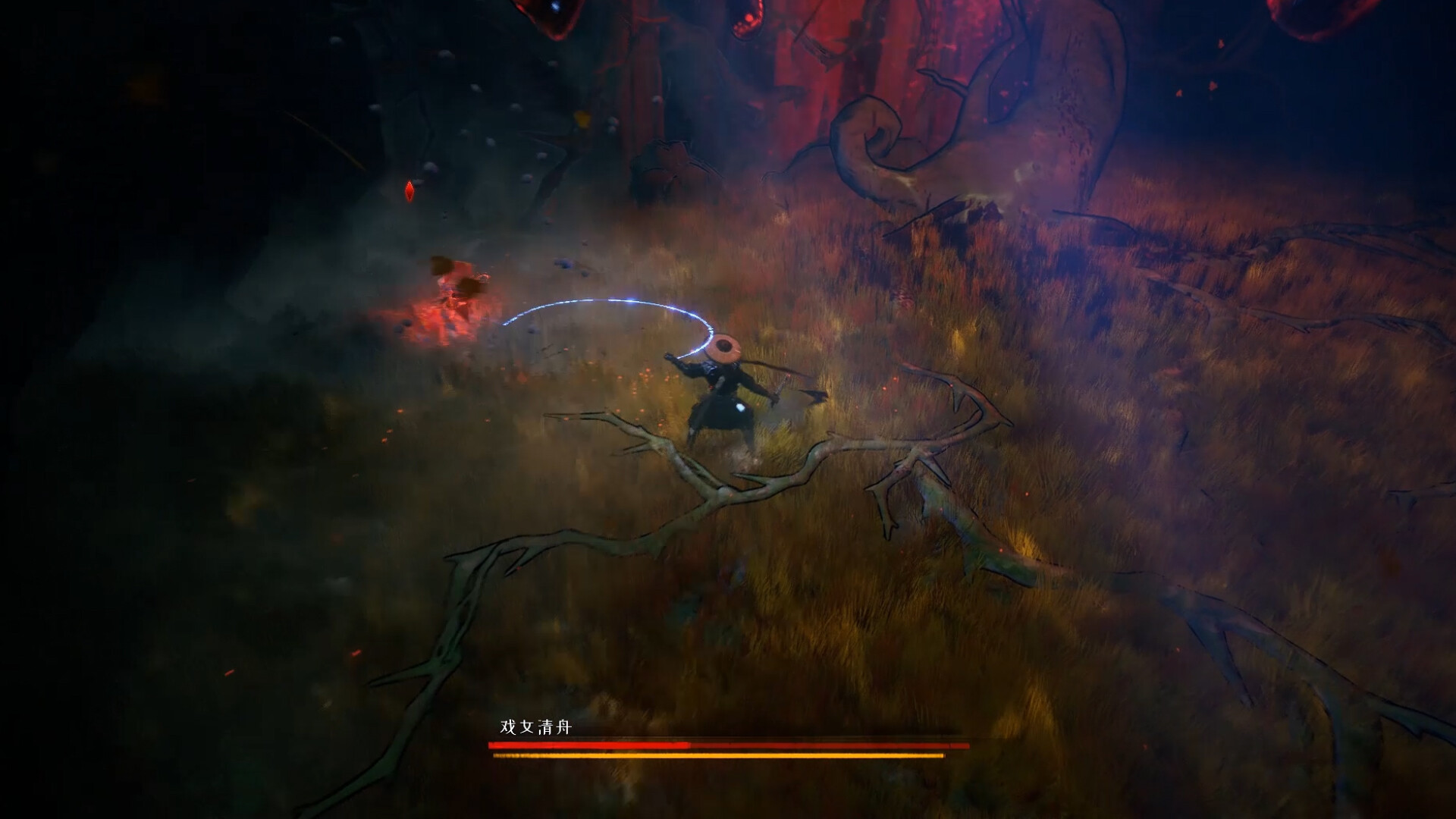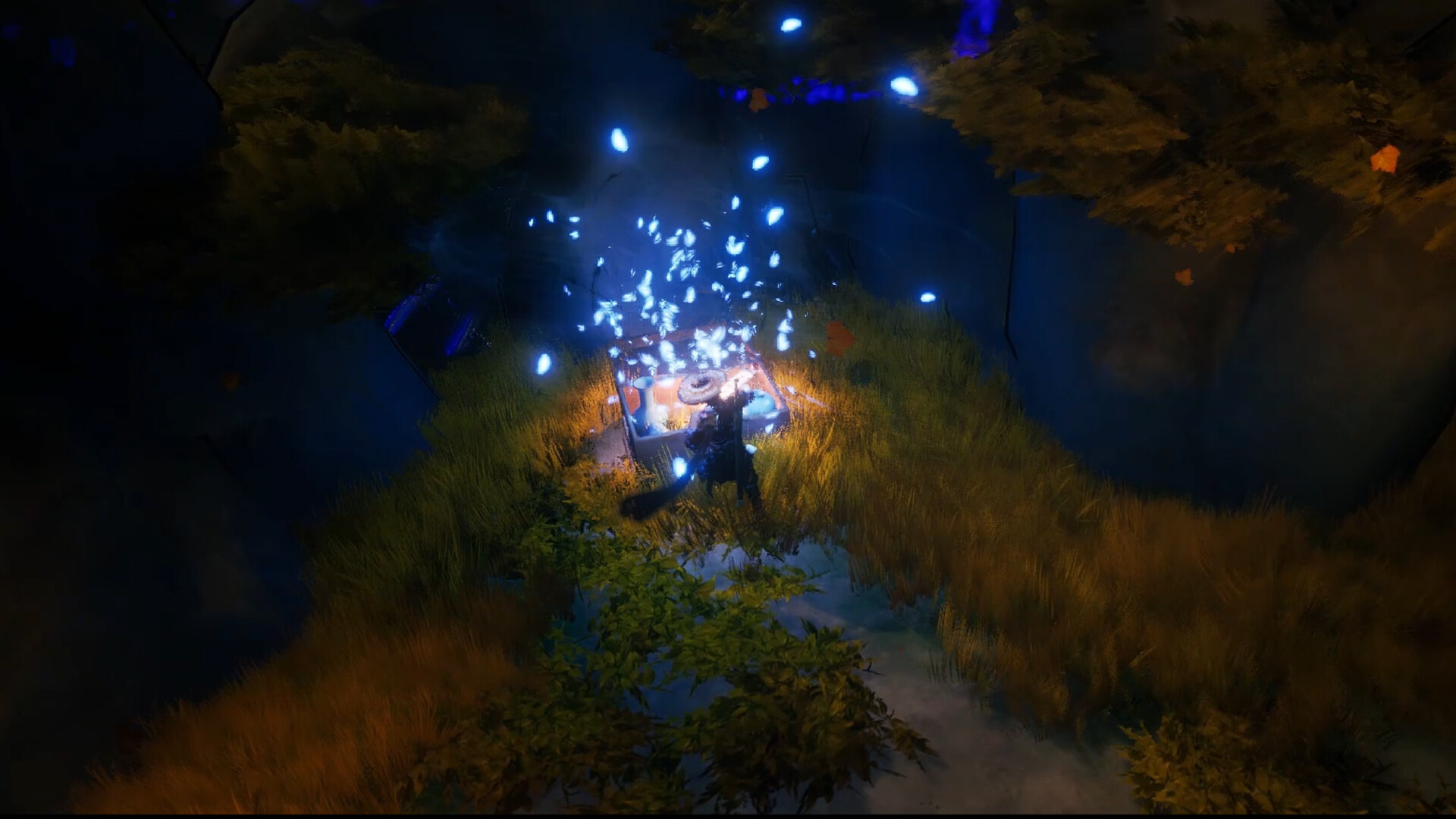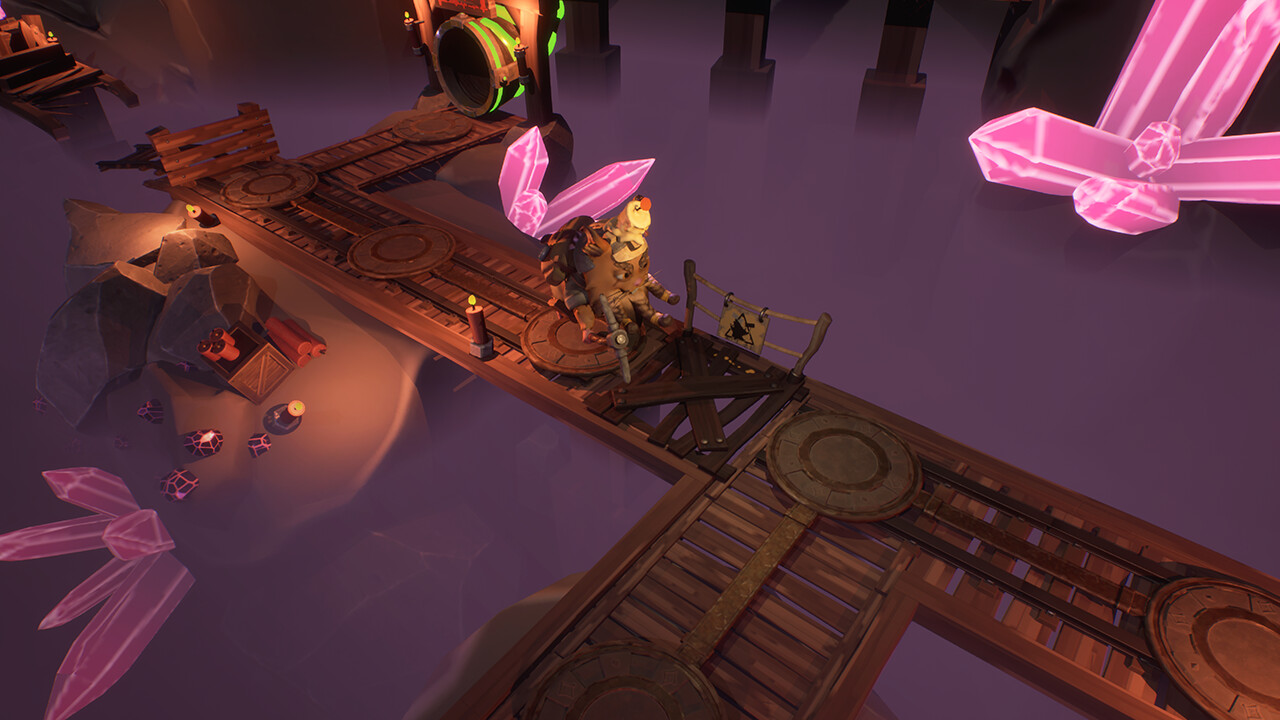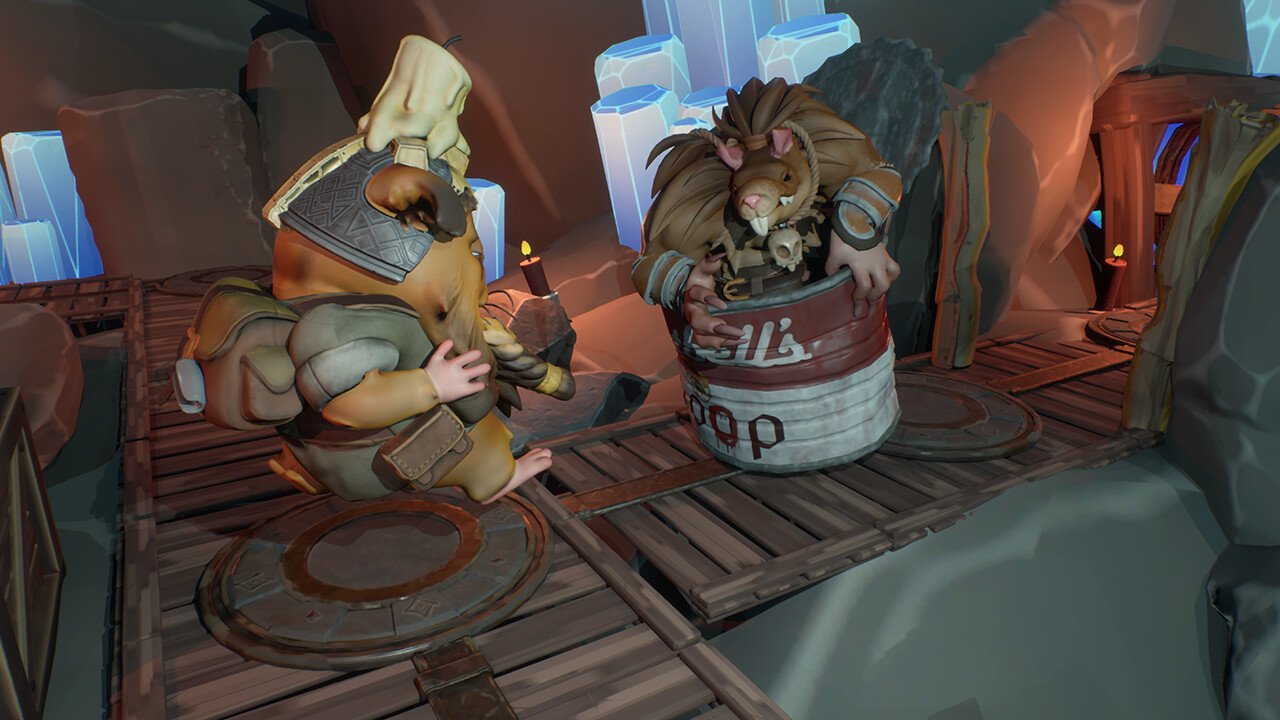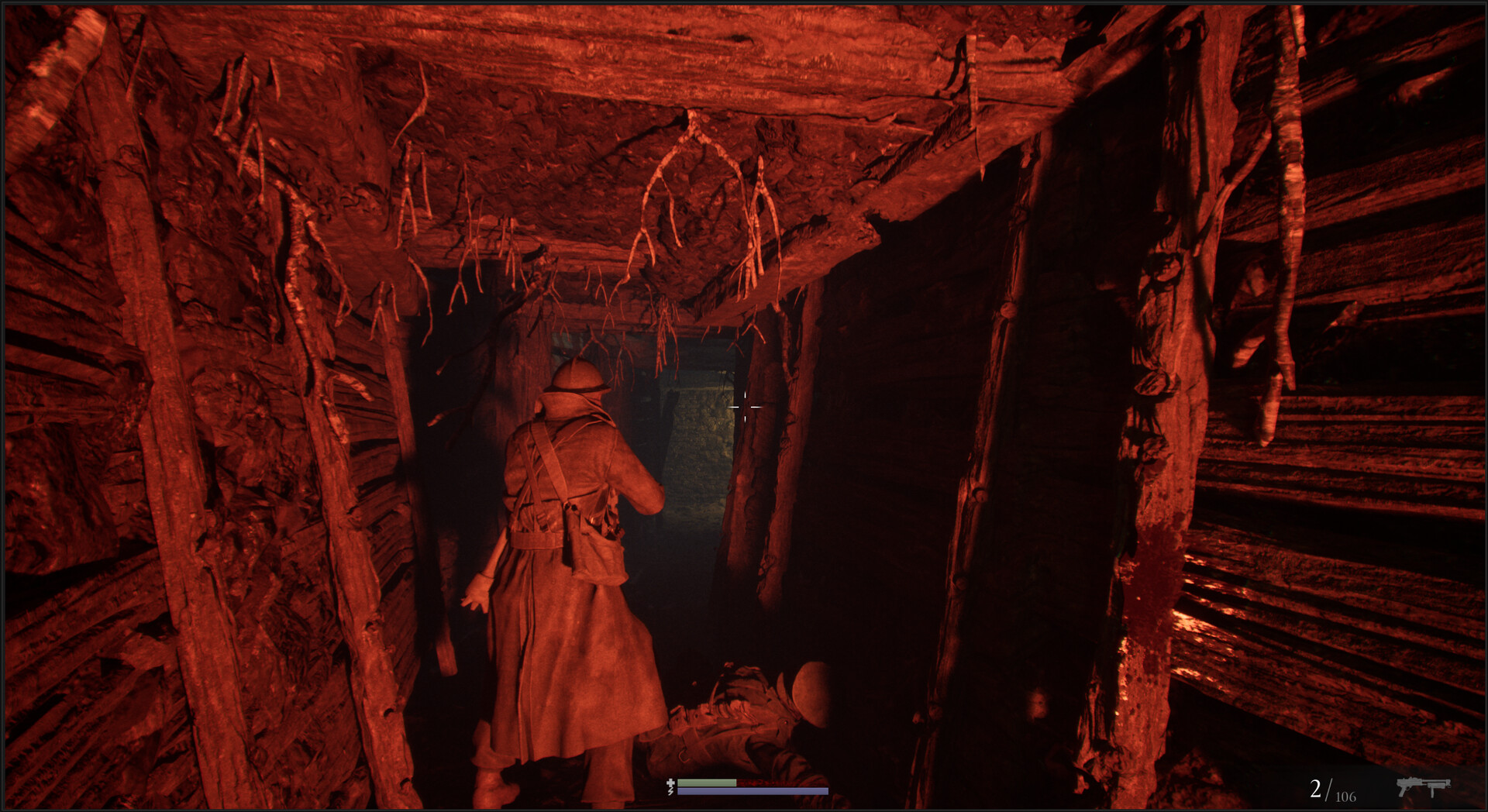Eiyuden Chronicle: Hundred Heroes english localization is trash, and is used to change characters personalities, author origintal intention, meanings and introduce political deviations and indoctrination that are not in the original japanese version.
Community MetaSteam | April 2024 - Definitely there's no rest for the wicked.
- Thread starter Mor
- Start date
You are using an out of date browser. It may not display this or other websites correctly.
You should upgrade or use an alternative browser.
You should upgrade or use an alternative browser.
- Status
- Not open for further replies.
Please don't signal boost this dweeb.Eiyuden Chronicle: Hundred Heroes english localization is trash, and is used to change characters personalities, author origintal intention, meanings and introduce political deviations and indoctrination that are not in the original japanese version.
His whole argument (here and in earlier games he threw a shitfit at) is 'the English script is different than what I get when I throw the Japanese lines into Google translate' which should be enough to disregard whatever he is saying to anyone with even a slight understanding of what a translation process is.
Personablade showcase
There's a legitimate chance Atlus publishes two of the best games this year that are neither Persona nor Shin Megami Tensei.
Please don't signal boost this dweeb.
Isn't that the same idiot who had "problems" with Unicorn Overlord's localisation as well?

There's a legitimate chance Atlus publishes two of the best games this year that are neither Persona nor Shin Megami Tensei.
Music is so good. Gameplay and art look great.
The voice acting is kinda mid but wtvr
This is gonna be the new Deck killer app and GOTY
October is a good time for release too.
Eiyuden Chronicle or Megaton Musashi or Sand Land or.... backlog. Releases this week are driving me crazy.


Yes, at least the same Twitter account.Isn't that the same idiot who had "problems" with Unicorn Overlord's localisation as well?
It looks like another wave of Hades II invites just went out.
As an italian, all the things I have seen posted about localizations in the last months are so surreal because I literally, and I mean literally, can't understand most of them, especially since most if not all of them aren't present in the italian localization because there is truly no way to translate them like they are in the english version. Even today I still think "Rub-a-dub thanks for the grub!" (to make an example) is a shitpost because it's complete nonsense to me and in all the italian translated manga/anime/videogames I read/watched/played it has such an easy/standard italian translation that is universally used in the entire country no matter the regional dialectEiyuden Chronicle: Hundred Heroes english localization is trash, and is used to change characters personalities, author origintal intention, meanings and introduce political deviations and indoctrination that are not in the original japanese version.
It honestly makes me realize how much still eludes me even after interacting with english products and forums for like 2/3 of my life. And it's probably also why I still vastly prefer to play games with Italian translations when possible
90% of the examples people use to complain about localization literally being stuff like "my machine translation says this line was originally "There, you could see it for a moment, right?" but the localization translated it to "There! Did you see the glint?" " makes it so hard to take at all seriously
"Rub-a-dub thanks for the grub!"
This is such a great line though. What do you want it to say otherwise? Itadakimasu?

I tried to look at the examples of bad localisations and didn’t the see what was so bad, so just assumed I wasn’t weeb enough and stayed quiet lol
The guy is in the 'any localization is bad localization' and 'you'll pry the 英語 from my cold dead 両手 ' school of thought.I tried to look at the examples of bad localisations and didn’t the see what was so bad, so just assumed I wasn’t weeb enough and stayed quiet lol
You ask and I deliver.I tried to look at the examples of bad localisations and didn’t the see what was so bad, so just assumed I wasn’t weeb enough and stayed quiet lol
----------
I went and saw both Spiderman 1 and 2 in theaters over the past week.
Spiderman 1 is a good movie and a good origin story.
Spiderman 2 is good but I also feel like it's over hyped more than it should be. It's a good movie and has some cool stuff which is nice but also feels more goofy then it should be at times. But I do like Peters inner struggle though.
Makes me want to go and play this
Funny enough I do remember playing spider man 2 on the GameCube
Last edited:
It was announced as coming this year, and they've learnt about not showing games until they are actually coming (that might have more to do with SEGA mandate of WW release and localization).This year??
Vastly sooner than i expected
Here's a fun video with some interesting points. Steam Deck as a Trojan Horse into the console makers territory? It's a weird spot Microsoft is in hardware wise, I'm only a little worried how they react and evolve because of the massive stranglehold they have on OS/PC Gaming/DirectX.
Not a plug. I dunno the guy. He mentioned Phawx a couple times in previous videos, so maybe he knows him.
Not a plug. I dunno the guy. He mentioned Phawx a couple times in previous videos, so maybe he knows him.
How would you express rub a dub in other words ? Because ya, the meaning eludes me and I get by by context here.
Well, in Italian we simply say "Buon Appetito" (which in english corresponds to "thanks for the food" or "have a nice meal"). It's a simple 2 word sentence we basically use as soon as kids learn to speak and doesn't sound like a word twister trying to get your tongue before every mealThis is such a great line though. What do you want it to say otherwise? Itadakimasu?
If an English translation said the sky is blue this guy would be screaming that Ao means greenEiyuden Chronicle: Hundred Heroes english localization is trash, and is used to change characters personalities, author origintal intention, meanings and introduce political deviations and indoctrination that are not in the original japanese version.
All weebs and whatnot aside, I find this whole discussion about JP localization fascinating!
I've got a basic understanding of Japanese, and I often notice how English localizations attempt to garnish every single ね and よ with some random weird phrasing.
A very simple example that got stuck with me: in Shenmue 3, Ryo saying "kore..." ("this...") when opening a drawer, is subtitled as "what the...", which sounds so randomly rude!
It's relatively annoying, and some cases are more jarring than others — as an Italian, every attempt to translate "itadakimasu" in English sounds jarring to me.
Ultimately, IMHO, it's all about accepting that the Japanese language is built upon culture, traditions, habits, and sensibilities that are just completely different and unrelatable from the European/American ones.
Localizing Japanese in English is practically impossible, as it's impossible to satisfy everyone's expectations. Even the folks working on Yakuza/LAD, rightly praised for the quality of their localizations, take a great deal of liberties in their work!
I've got a basic understanding of Japanese, and I often notice how English localizations attempt to garnish every single ね and よ with some random weird phrasing.
A very simple example that got stuck with me: in Shenmue 3, Ryo saying "kore..." ("this...") when opening a drawer, is subtitled as "what the...", which sounds so randomly rude!
It's relatively annoying, and some cases are more jarring than others — as an Italian, every attempt to translate "itadakimasu" in English sounds jarring to me.

Ultimately, IMHO, it's all about accepting that the Japanese language is built upon culture, traditions, habits, and sensibilities that are just completely different and unrelatable from the European/American ones.
Localizing Japanese in English is practically impossible, as it's impossible to satisfy everyone's expectations. Even the folks working on Yakuza/LAD, rightly praised for the quality of their localizations, take a great deal of liberties in their work!
There's a lot of things that are untranslatable, and that can be a real problem, because sometimes it's strangely relevant, not only for characterization but also for the plot.All weebs and whatnot aside, I find this whole discussion about JP localization fascinating!
I've got a basic understanding of Japanese, and I often notice how English localizations attempt to garnish every single ね and よ with some random weird phrasing.
A very simple example that got stuck with me: in Shenmue 3, Ryo saying "kore..." ("this...") when opening a drawer, is subtitled as "what the...", which sounds so randomly rude!
It's relatively annoying, and some cases are more jarring than others — as an Italian, every attempt to translate "itadakimasu" in English sounds jarring to me.
Ultimately, IMHO, it's all about accepting that the Japanese language is built upon culture, traditions, habits, and sensibilities that are just completely different and unrelatable from the European/American ones.
Localizing Japanese in English is practically impossible, as it's impossible to satisfy everyone's expectations. Even the folks working on Yakuza/LAD, rightly praised for the quality of their localizations, take a great deal of liberties in their work!
And that puts a lot of translators into a pickle, for sure. Especially if it's for the long term in a manga, or a game series like Trails where there's sometimes some oopsie and rewriting to be done to stay in line with what was intended.
Can't really avoid that, you can only do your best to make decent prose instead of adding -san and nakama everywhere, with some fixes when needs be.
But there's also some translations that really try to adapt content properly to their market... and that can be very detrimental despite the good intentions. The adaptation might be correct, but I distinctly remember reading GTO in French... fair enough all around.
Except at some point one of the characters really go out of their way to interact with the marginalized part of Japanese society, outcasts, homeless people... that find some common ground with their love for enka music and old 60s-70s singers.
They adapted that using Johnny Halliday, the "French Elvis", which does fit the period and the music somewhat.
So now you have older, largely culturally disconnected, traditionalist Japanese men that sing old French rock songs. And mate, this DOESN"T WORK. The immersion is suddenly mauled by a bear, and of course they didn't redraw everything, so they still have old female singers painted everywhere.
Which they explain with annotations, talking about the said singers.
And that's where the problem lies, nowadays there's some terrible fear that translations cannot involve any annotation, as if people can't read or understand that they sometimes lack the cultural references, as if that wasn't how adapting any cultural artifact was done.
Sometimes, you need the annotations.
It shouldn't always be replacing references with different ones because they're easier to understand for the public, translating a joke is doable, replacing the religious background with another because it's more relatable, much less so.
I've seen that often, conflating karmic concepts with original sin because it's easy and "close enough"...
Not that it applies for Eiyuden in this case. At least I hope so.
But there's also some translations that really try to adapt content properly to their market... and that can be very detrimental despite the good intentions. The adaptation might be correct, but I distinctly remember reading GTO in French... fair enough all around.
Except at some point one of the characters really go out of their way to interact with the marginalized part of Japanese society, outcasts, homeless people... that find some common ground with their love for enka music and old 60s-70s singers.
They adapted that using Johnny Halliday, the "French Elvis", which does fit the period and the music somewhat.
Ahah, this used to happen a lot in Italy too with older US comic strips, replacing US showbiz names with Italian ones out of any possible context.
Even worse, most of those names got quickly obsolete, so maybe a strip translated in the 70s namedropping 70s TV personality would become twice as indecipherable by me, reading my father's comics 20 years later, without even maintaining some kind of historical and geographical cohesion with the original work.
And that's where the problem lies, nowadays there's some terrible fear that translations cannot involve any annotation, as if people can't read or understand that they sometimes lack the cultural references, as if that wasn't how adapting any cultural artifact was done.
Sometimes, you need the annotations.
Yes, absolutely... in comics or books.
However, you can't really annotate movies and games (without disrupting the flow, etc.).
It sucks, and at the same time, it makes the localization works so challenging and satisfying.
Personally, I'm willing to gloss over loc mistakes, if the person (or team) approaches their work humbly, respecting the original culture, without transferring their personality into it.
Thankfully, this seems to happen most of the time.
This "war" on localization some people are waging is honestly so tiring. Go spend that energy learning japanese if you give that much of a shit about the HOLY UNCHANGEABLE BIBLE that is the original japanese script instead of trying to push MTL garbage in my games because a character used slang your 30+ year old millenial boomer ass doesn't like.
Yeeeah... we had quite a lot in videogames in the 90s too. Woolseyisms were aplenty. At least most were fairly tame, but some pop culture references in a few games... were really out of line.Ahah, this used to happen a lot in Italy too with older US comic strips, replacing US showbiz names with Italian ones out of any possible context.
Even worse, most of those names got quickly obsolete, so maybe a strip translated in the 70s namedropping 70s TV personality would become twice as indecipherable by me, reading my father's comics 20 years later, without even maintaining some kind of historical and geographical cohesion with the original work.
Movie and animation are impossible to annotate... while showing anyway, as it's not rare to have them before or after.Yes, absolutely... in comics or books.
However, you can't really annotate movies and games (without disrupting the flow, etc.).
It sucks, and at the same time, it makes the localization works so challenging and satisfying.
Personally, I'm willing to gloss over loc mistakes, if the person (or team) approaches their work humbly, respecting the original culture, without transferring their personality into it.
Thankfully, this seems to happen most of the time.
But in videogames, that is a medium that is particularly prone to use them, we already have tons and tons of interruptions for tutorials, pause menus, and sometimes even a glossary to explain and refer to all the needed terms.
As an example, FF13 is a completely incomprehensible mess... that has all the needed info stuck in menus. Actually sending people there to explain to them the concepts they need would have only benefitted the game.
Movie and animation are impossible to annotate... while showing anyway, as it's not rare to have them before or after.
But in videogames, that is a medium that is particularly prone to use them, we already have tons and tons of interruptions for tutorials, pause menus, and sometimes even a glossary to explain and refer to all the needed terms.
As an example, FF13 is a completely incomprehensible mess... that has all the needed info stuck in menus. Actually sending people there to explain to them the concepts they need would have only benefitted the game.
I mean, yes, you can do it in videogames technically, but someone has to build the (significantly complex) system handling it. It's not like adding a footnote in the whitespace between panels.
It would be incredibly cool, but at the same time, I suspect most games couldn't care less about localization accuracy. I doubt devs could justify budgeting for that kind of system.

As someone who is fluent in both Japanese and English, I find that the only unnatural localization from those tweets is the golem gender thing. A bit unnecessary if you ask me but is it that big a deal? Nah. 
Also this:
Also this:
This is literally false. There are swears in Japanese. People just don't use them as often daily compared with fuck or shit in English. I know one Japanese swear "あんぽんたん" (the ruder version of "baka (stupid)") which is so obscure that even Japanese may not know its existence.There are people who say there aren't swears in Japanese. There's truth to that in a technical sense
Looks promising. Seems a little odd that it's releasing the same day as Still Wakes the Deep, which has a somewhat similar premise
Spiderman 1 is a good movie and a good origin story.
Spiderman 2 is good but I also feel like it's over hyped more than it should be. It's a good movie and has some cool stuff which is nice but also feels more goofy then it should be at times. But I do like Peters inner struggle though.
Sam Raimi's campy directorial style isn't for everyone, I don't like it myself. The films are still good but they don't hold up quite as well as I remembered.
Not a plug. I dunno the guy. He mentioned @Phawx a couple times in previous videos, so maybe he knows him.
That is Rich's channel, he participates in the Nerdnest podcast along with Phawx and Russ from Retro GameCorps. He seems like a nice and chill dude.
As someone who is fluent in both Japanese and English, I find that the only unnatural localization from those tweets is the golem gender thing. A bit unnecessary if you ask me but is it that big a deal? Nah.
Not a big deal in the grand scheme of things.
However, I can't help but wonder how it will sound in, say, 10-20 years.
Today, 2024, there's a lot of discussion about gender, it's a very topical subject and (generalizing a little bit) mostly relevant in EU/NA.
In 2044, one could hope that the world will have finally accepted gender fluidity. A reader of that line might either get confused by it, or might infer some possibly incorrect historical conclusions about the Japanese society in 2024.
(Or, most likely, they'll just ignore the line and move on...)
(1) Silknigth on X: "Sony's upcoming PC game is The Last Of Us Part 2 Remastered. Its announcement is expected next month, although the exact date is unknown. There will be a longer-than-usual period between the announcement date and the release day. #TheLastofUs" / X (twitter.com)
Another insider bites the dust.
TLOU 2 PC was supposed to be announced in April and nothing.
Another insider bites the dust.
TLOU 2 PC was supposed to be announced in April and nothing.
Shame, I wanna play it(1) Silknigth on X: "Sony's upcoming PC game is The Last Of Us Part 2 Remastered. Its announcement is expected next month, although the exact date is unknown. There will be a longer-than-usual period between the announcement date and the release day. #TheLastofUs" / X (twitter.com)
Another insider bites the dust.
TLOU 2 PC was supposed to be announced in April and nothing.
It is certainly coming, the question is when.Shame, I wanna play it
Oh for sureIt is certainly coming, the question is when.
It's this year for definite. I'd forgot I had GoT pre-ordered too lol, so that's something to look forward to
(1) Silknigth on X: "Sony's upcoming PC game is The Last Of Us Part 2 Remastered. Its announcement is expected next month, although the exact date is unknown. There will be a longer-than-usual period between the announcement date and the release day. #TheLastofUs" / X (twitter.com)
Another insider bites the dust.
TLOU 2 PC was supposed to be announced in April and nothing.
Schreier already took this faker down a couple of weeks ago.
Eiyuden is out but my backer copy hasn't been delivered yet. 
At least it will give me more time to finish off Judgment.
Also for those of you who are playing it I recall there was a bug in the beta where the encounter rate was tied to frame rate so if you feel like you're not running into enough encounters you might need to lower the frame rate. Not sure if the 1.0.3 patch fixed that since no patch notes.
At least it will give me more time to finish off Judgment.
Also for those of you who are playing it I recall there was a bug in the beta where the encounter rate was tied to frame rate so if you feel like you're not running into enough encounters you might need to lower the frame rate. Not sure if the 1.0.3 patch fixed that since no patch notes.
Also, please tell me how is 糞 different than shit?This is literally false. There are swears in Japanese. People just don't use them as often daily compared with fuck or shit in English. I know one Japanese swear "あんぽんたん" (the ruder version of "baka (stupid)") which is so obscure that even Japanese may not know its existence.
- Status
- Not open for further replies.

















